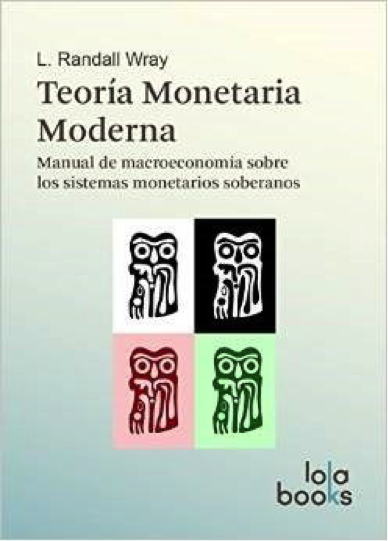By L. Randall Wray
My previous blog sparked a lot of discussion, especially over at Naked Capitalism. I do pity Yves Smith! There’s enough nonsense in the commentary to populate a large nation.
As I have argued, it is very hard to figure out what the debt-free money folks want as they are confused on the accounting, vague on the terminology, and rarely provide details on their proposal. However, a reader has directed me to a fine published article that has mostly got the accounting right, lays out a detailed proposal, and contrasts the proposal against alternatives.












